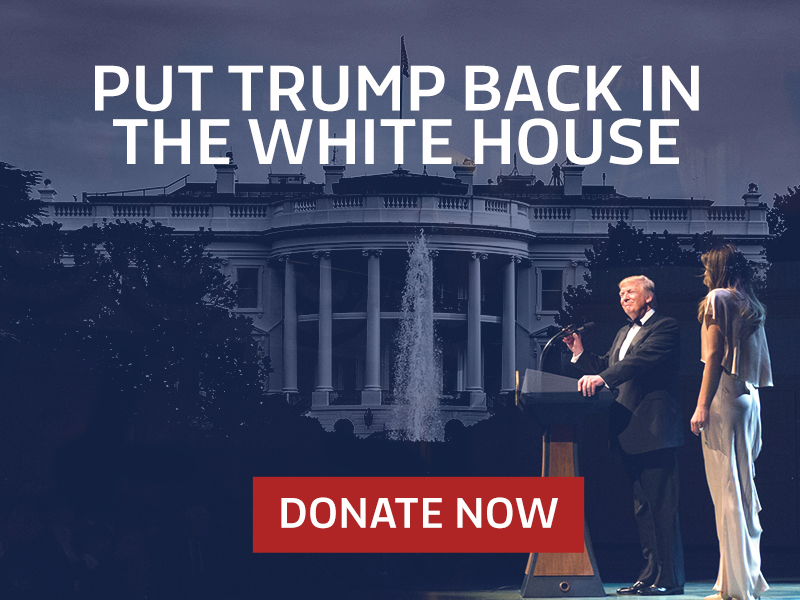President Trump made headlines last week by walking out of his Hanoi summit meeting with North Korean dictator Kim Jong-un. The move came as a surprise, and many news outlets around the world have decried the summit. But Trump’s move recalled Ronald Reagan’s decision to walk out of an even higher-stakes summit, his 1986 Reykjavik meeting with Mikhail Gorbachev.
The two summits bear some similarities. Both were second rounds of negotiations with a foreign power to mitigate that power’s nuclear threat. Both presidents faced a Communist leader abroad and pressure for a deal back home. And both presidents made the right call in walking out to preserve their position of strength.
During the Reykjavik summit, Gorbachev pressed Reagan to scrap research on the Strategic Defense Initiative (SDI). The initiative was a crucial point for Reagan. It served as the genesis of the effort that to this day provides some limited capability for the United States to protect itself from foreign ballistic-missile attack. The program had been allowed under previous treaties, and so Reagan refused Gorbachev’s demand, ending the summit. Afterward, Reagan explained his thinking to the American people: “I went to Reykjavik determined that everything was negotiable except two things: our freedom and our future.” SDI was an integral part of that future, so Reagan stood firm.
Similarly, Kim Jong-un pressed Trump to lessen sanctions on North Korea as a precondition for any denuclearization. The United Nations–implemented sanctions had been key to pushing North Korea to the negotiating table in the first place, and Trump rightly recognized that they were his key source of leverage. Without a firm, enforceable process in place for denuclearization, history proves there can be no assurance that North Korea will stay true to its word. Weakening or scrapping the sanctions before that process has begun would be an enormous misstep. So Trump walked.
Leaders around the world are now asking one question: “What happens next?”




